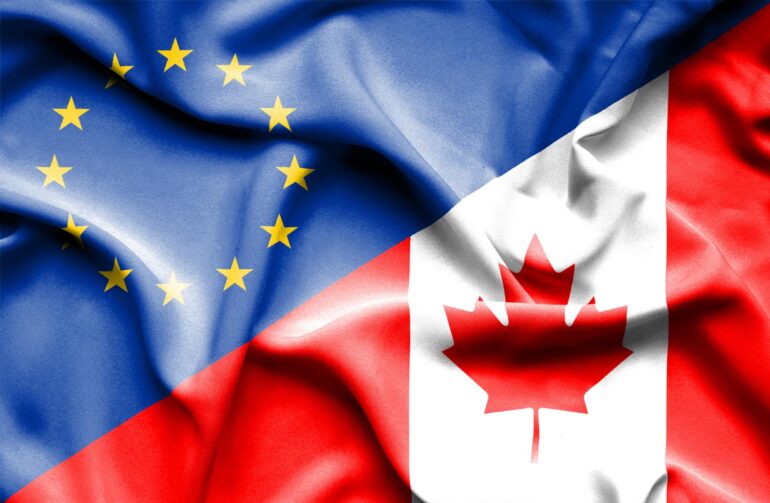TL;DR:
- Google’s AI chatbot Bard expands coverage to 180 countries, excluding the EU and Canada.
- Investigations were launched in Italy, Spain, France, Germany, and Canada over data privacy concerns.
- Chatbots like Bard raise questions about data usage and storage practices.
- Compliance with GDPR is crucial to avoid potential violations.
- Italy lifts ban on Bard while new legislation proposes regulations for chatbot development.
- Google remains committed to Bard’s expansion while adhering to local regulations.
- Balancing service expansion with regional requirements is a priority.
- AI-powered chatbots pose challenges for governments and companies in navigating regulations.
- Bard’s journey showcases the potential and complexities of AI technology.
- Google strives to provide innovative solutions in a dynamic digital landscape.
Main AI News:
Google’s Bard, an AI-powered internet search chatbot, has expanded its coverage to 180 countries, as announced by CEO Sundar Pichai during the Google I/O conference. However, despite its growth, Bard is not currently accessible in the European Union and Canada, leaving users in these regions without the chatbot’s services.
The emergence of chatbots like Bard has prompted governments worldwide to examine and regulate this transformative technology. Italy, Spain, France, Germany, and Canada have launched investigations into ChatGPT due to concerns surrounding data privacy. Experts caution that these tools may extract personal information exposed on the internet, raising questions about data usage and storage practices. It is crucial to ensure compliance with the European Union’s General Data Protection Regulation (GDPR) to prevent any potential violations.
Italy has since lifted its ban on Bard, but new legislation called the AI Act proposes regulations for companies developing chatbots like Bard. These regulations would require transparency in disclosing AI-generated outputs and the implementation of filters to prevent the creation of illegal or copyrighted content.
Despite these obstacles, Google remains steadfast in its commitment to Bard’s expansion. The company emphasizes compliance with local regulations and its own AI principles while progressively extending access to more countries and territories. This approach demonstrates Google’s dedication to striking a balance between service expansion and adhering to regional requirements.
As governments grapple with the challenges posed by AI-powered chatbots, Google and other companies in this space must navigate regulatory frameworks while fostering innovation. Bard’s journey exemplifies both the potential and complexities of AI technology, underscoring Google’s dedication to providing cutting-edge solutions in an ever-evolving digital landscape.
Conlcusion:
The exclusion of the European Union and Canada from Google’s AI chatbot Bard’s coverage signifies a significant gap in the market. While Bard expands its reach to 180 countries, the absence of availability in these regions presents an opportunity for competitors to capitalize on the demand for AI-powered chatbot services. The investigations launched by multiple governments regarding data privacy concerns and the proposed regulations further emphasize the need for robust compliance measures in the market.
As companies like Google navigate regulatory frameworks and address privacy issues, the market for AI chatbots is poised for growth and innovation. Businesses operating in this space should consider the evolving landscape and strive to offer solutions that not only meet user demands but also comply with regional regulations, fostering trust and providing cutting-edge AI technologies to users worldwide.

